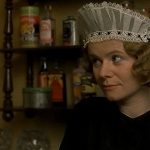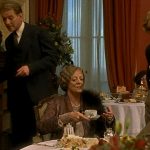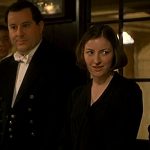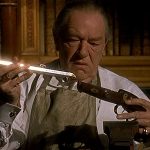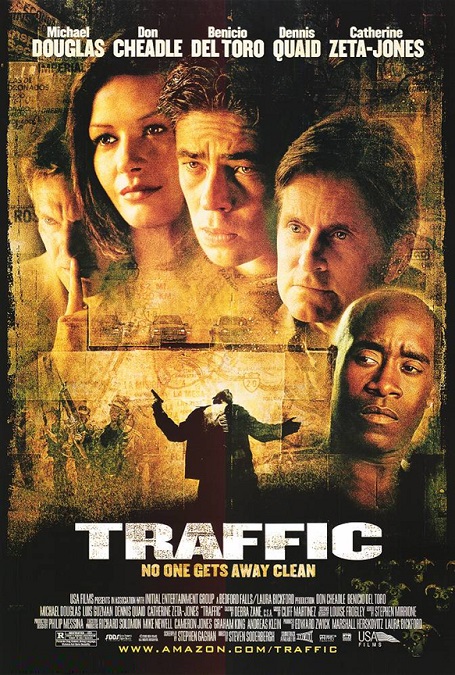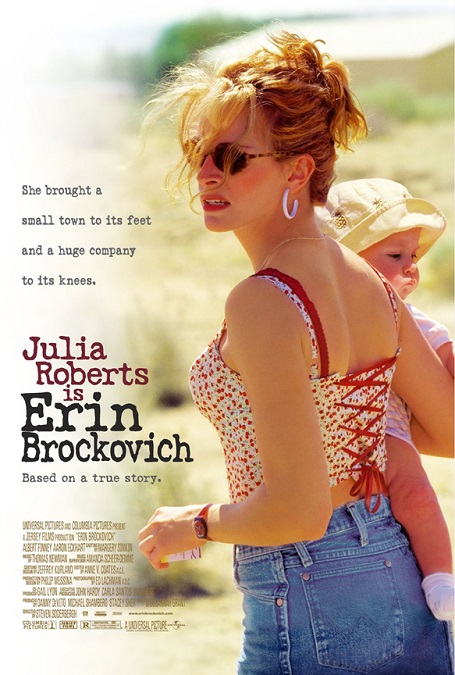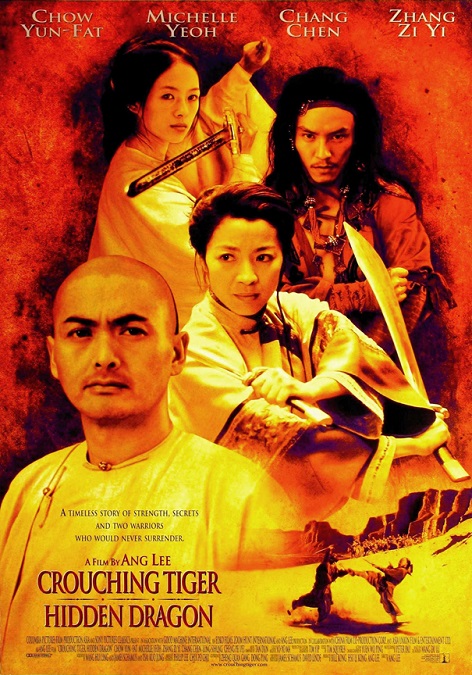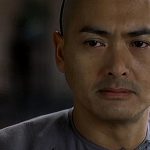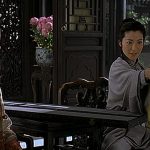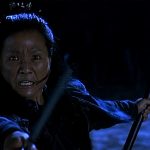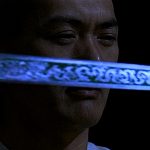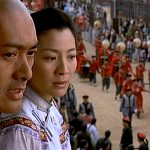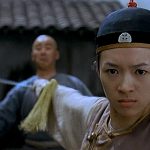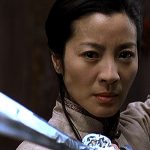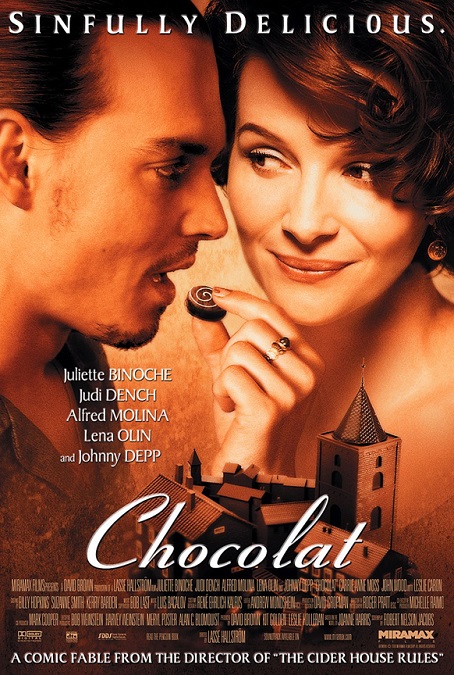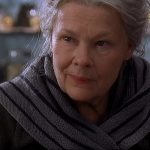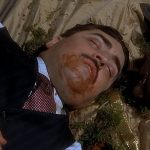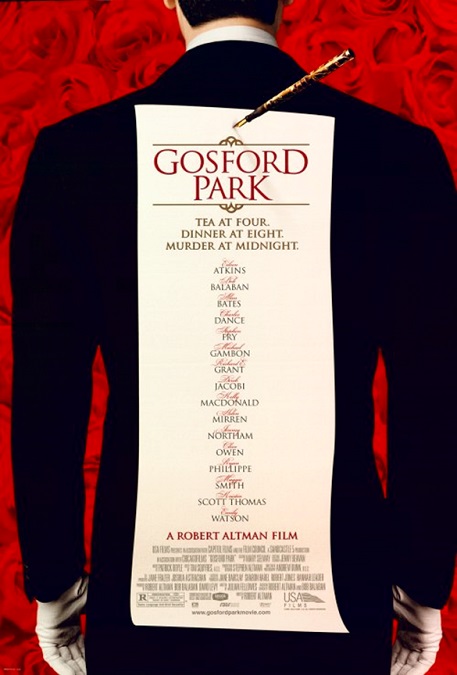
Gosford Park – 2001
This is a movie with several faces. It is a stuffy British Drama, but a good one. It is an examination of the British class system, set in the 1930s. It is an Agatha Christie style who-done-it. And it is an ensemble period piece that is very character-driven, heavily dependent on the various relationships between them. And it is also a perfect portrayal of a British country house, showing the often fascinating roles of wealthy masters and their highly respected servants.
The movie had too many characters, played by well-known actors to spend much time on them all, so I’ll give a quick list of recognizable names who played their parts with skill and depth. Eileen Atkins, Bob Balaban, Stephen Fry, Richard E. Grant, Michael Gambon, Derek Jacobi, Kelly Macdonald, Helen Mirren, Clive Owen, Ryan Phillippe, Maggi Smith, Kristin Scott Thomas, and Emily Watson. And those are just the ones who I have heard of before.
Following in the footsteps of the 1932-1933 Best Picture winner, Cavalcade, and the 1970s TV show Upstairs, Downstairs, we get to follow, with equal focus, both the upper class lords and ladies, and the lower class men and women who served them. On the surface, it is the upper class who are supposed to be respectable and important. It is they who we are supposed to emulate. It is they who make the big decisions and decide the fates of others. And they do. But it is also a fact that they are completely dependent on the serving class. Without the servants, the upper class would be ridiculously inept at everything. They can’t cook, they can’t sew, and they can’t clean. They can’t even seem to dress themselves without the help of their personal valets or chamber maids.
A number of lords and ladies are invited to Gosford Park, owned by Sir William McCordle, played by Gambon, for a shooting party. His wife, Lady Sylvia, played by Thomas, knew of his many affairs with various women of the serving staff, and had regular rendezvous with some of the men. The lords would hunt for pheasant while the ladies would play cards and have tea. Each attending guest would bring along their valets and maids. And then there was the oddball Hollywood producer, Mr. Weissman, played by Balaban, and his valet, played by Phillippe.
Add these people to Sir William’s own resident staff, and you have a wonderful array of characters. Helen Mirren played Mrs. Wilson, the housekeeper, opposite Alan Bates, who played the head butler. Atkins played Mrs. Croft, the head cook. Lady Trentham, played by Smith, brought her new maid, Mary, played by Macdonald. And Lord Stockbridge, played by Charles Dance, brought along his new valet, Robert Parks, played by Clive Owen. Those seemed to be the major players in the main plot. The first half of the movie was spent getting to know them all. The second was all about Sir William’s murder, who killed him, and why.
The film’s director, Robert Altman, and the script writer, Julian Fellows, did a fantastic job of giving each character a distinct personality. Even many of the minor characters had wonderfully written parts that were unique and realistic, giving the film a rich and fully fleshed-out feel. The sets and costumes were perfect and very period appropriate. And the beautiful music by Patrick Doyle gave the movie an almost nostalgic feel.
And as for the mystery of who killed the lord of the manor, I found it to be an intriguing plot. Nobody particularly liked him, but there were several people who benefited from his untimely demise. One Lt. Commander Anthony Meredith, played by Tom Hollander, had a business deal with Sir William which he was about to end, leaving Meredith in financial ruin. Sir William was also about to end the allowance he gave to his Aunt, Lady Trentham, leaving her destitute. Sir William’s murder left both Meredith and Lady Trentham financially secure. It also ended the loveless marriage he shared with Lady Sylvia.
The identity of the killer, like many Agatha Christie murder mysteries, came from out of left field. There was no way to predict who it was until the very end, when vital information was revealed, without which the case could not be solved. It was Mrs. Wilson. Apparently 30 years in the past, both she and her sister, the cook, Mrs. Croft, had been impregnated by Sir William during his many adulterous dalliances. Mrs. Croft’s baby had died, but Mrs. Wilson had given her baby to an orphanage, the same as all of Sir William’s other illegitimate children. And Mr. Parks, though he didn’t know it, was her son. He had come to Gosford Park with the intention of murdering his cruel father. So, to protect her son, Mrs. Wilson murdered the man first.
The movie was very enjoyable to watch and the great cast of actors gave some very skilled and memorable performances. I especially liked Helen Mirren, Emily Watson as the head maid who was having an affair with Sir William, Clive Owen, and Kristin Scott Thomas. They all did a great job and produced a very well-made film.
